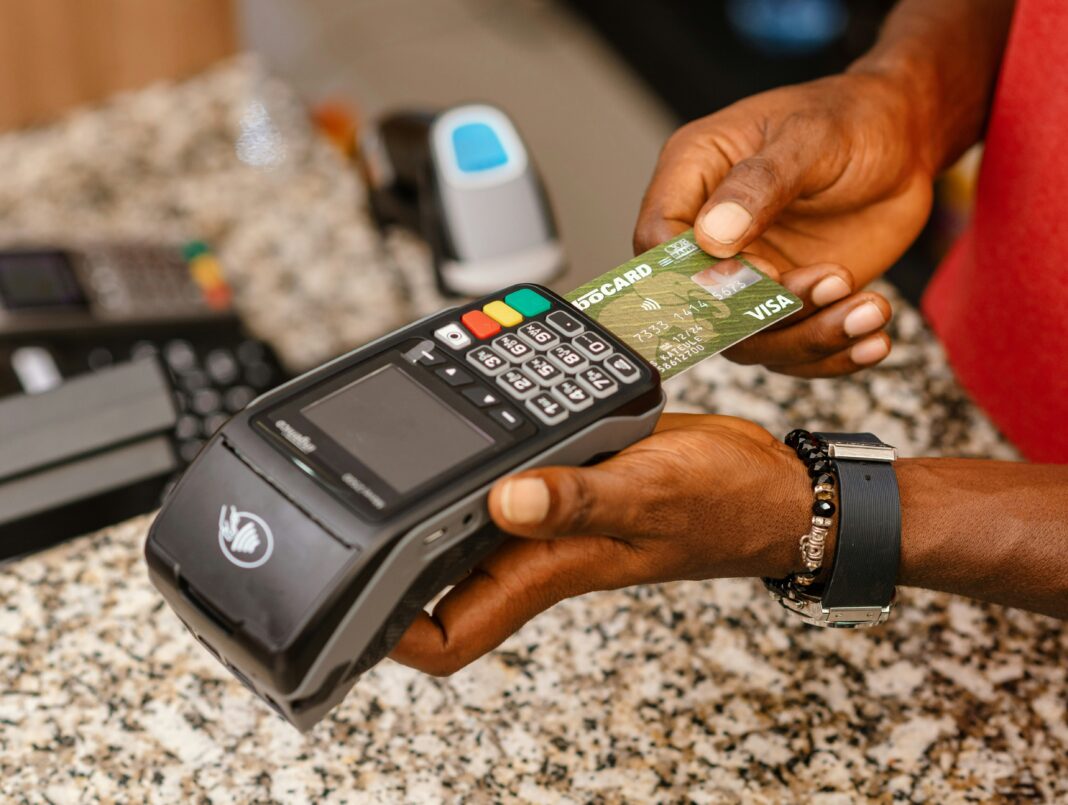The prompt development of blockchain technology can transform financial reporting in the banking sector by improving transparency, accuracy, and efficiency.
Pakistan’s banking sector has stepped out in a new era and embrace the novel blockchain technology in financial management. The blockchain is gradually gaining momentum to revolutionize banking operations worldwide. With the promise of advanced security measures, blockchain offers a tamper-proof system for transactions, making it a first-class choice for safeguarding sensitive financial data.
Several leading Banks across the country are exploring this cutting-edge technology to streamline their banking operations and minimizing the risks of fraud simultaneously. 1
Know Your Customer (KYC) Platform
The State Bank of Pakistan has allowed all the commercial banks and other financial institutions to develop a platform for heightened security requisites by introducing electronic Know Your Customer (e-KYC) platform. 2
To address the security requirements, State Bank of Pakistan has officially approved the e-KYC based on blockchain technology which is peculiarly designed to offer heightened privacy and efficiency. 2
This technology (e-KYC) also has the capacity to streamline customer data reducing redundant data verification.
Several renowned Pakistani banks have begun exploring blockchain applications. For example, UBL (United Bank Limited) and HBL (Habib Bank Limited) have shown interest in blockchain solutions for remittances and trade finance on preferable basis.
Cross Border Payments
In view of cross-borders payments, Pakistan is one of the major recipients of remittances from Pakistani community working and living abroad. In this scenario, blockchain technology can help reduce the time as well as the cost involved in processing of payments.
In a recent business report, Pakistan has deployed blockchain technology for the first time in banking sector to divert worker remittances from Malaysia. This initiative has been devised by the Financial Action Task Force (FATF) which might help combat the monetary frauds, money laundering and terror financing.

Moreover, blockchain will be able to document each and every step of the remittance taken by the receiver and the sender. This will help fight the illegal Hawala and Hundi system at the international level.
Convenient Remittances in under-developed areas
Blockchain in banking sector allows them to easily bypass the conventional and traditional financial intermediaries, which further allow faster and cheaper remittances. This helps in the rural and sub-urban areas where the banking infrastructure is less developed.
Banks have plans to embed blockchain primarily to secure customer data and speeding up the onboarding process keeping the reliable assurance of regulatory compliance.
Security solutions
In Pakistan, financial sector is defenseless to combat ever increasing cases of cybercrime, financial fraud, online fraud-tracking and data hacking. The blockchain technology can help improve the secure banking transactions. Moreover, it works on the principles with high level security mechanisms and has made the fraudulent motives much more difficult to achieve. 4
Microfinance
By providing a transparency in asset tokenization, cost-effective platform for peer-to-peer lending, and smart contracts on Pakistan, blockchain has the potential to support microfinance systems and financial inclusion initiatives in Pakistan. Since Pakistan’s economy is highly dependent on trade, blockchain can simplify and expedite the imports, exports and overall trade related finance processes.
In developing and under developed countries, blockchain needs some time to get enrooted. Countries with unstable political and financial situation, are facing challenges like regulatory uncertainty, lack of awareness and expertise, and infrastructure challenges to adopt blockchain conveniently.
References:
- https://cbs.lums.edu.pk/student-research-series/blockchain-technology-finance-pakistan
- https://coingeek.com/pakistan-adopts-blockchain-kyc-platform-for-financial-institutions/
- https://pri.gov.pk/pakistan-adopts-blockchain-technology-to-attract-remittances/#:~:text=KARACHI%20%3A%20Pakistan%20has%20deployed%20for,terror%20financing%20and%20money%20laundering.
- https://pide.org.pk/research/blockchain-technology-and-pakistans-real-estate-market/
Also Read: Embracing novel technologies — The time is ripe for a rapid shift in perspective

Muniba Usman is a high school teacher and teaching trainer by profession. She has a BS (HONS) in Microbiology and a diploma in Textile and Fashion design. She has a strong passion for research, arts, reading and writing. She has written many scientific articles and fiction stories for children.

